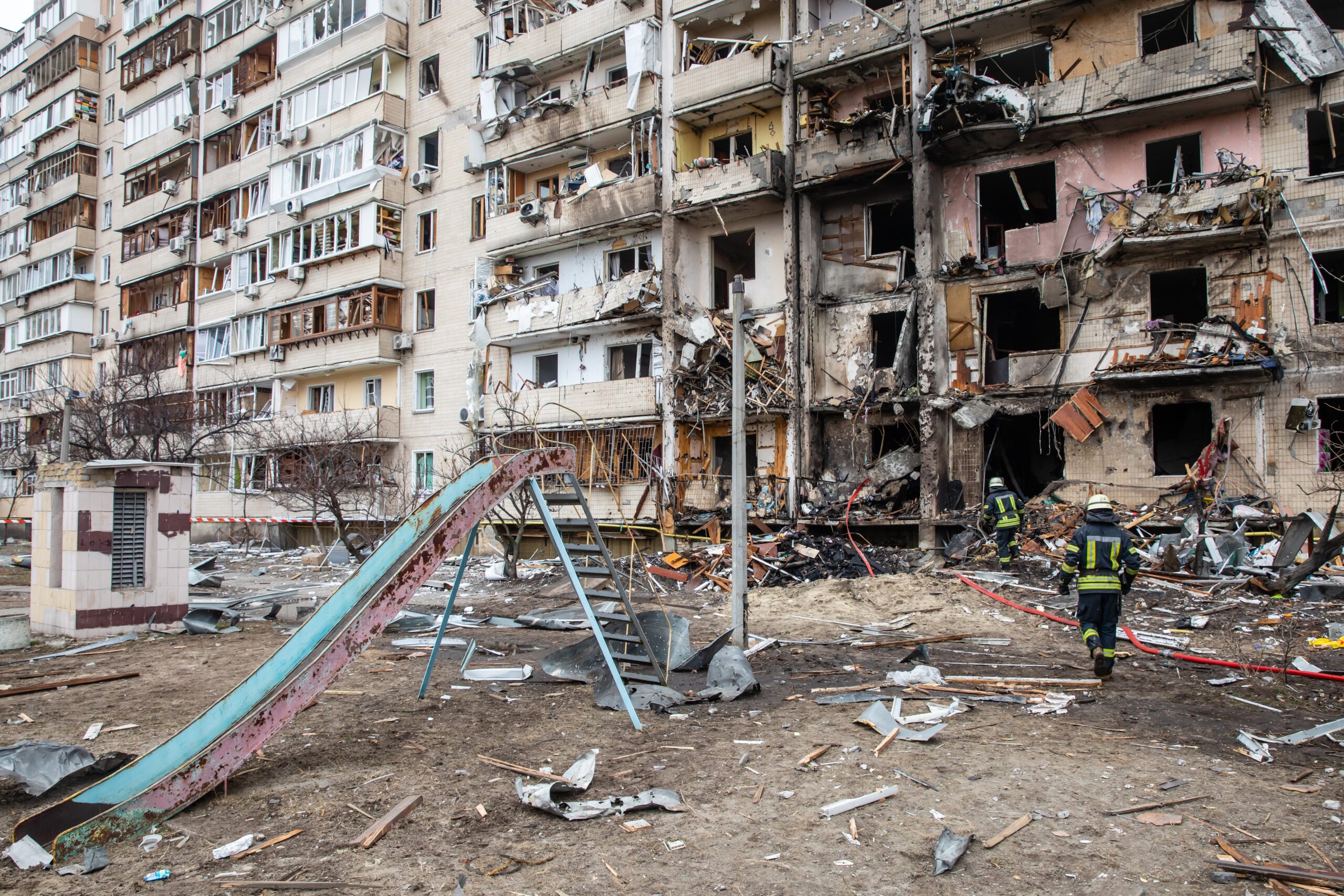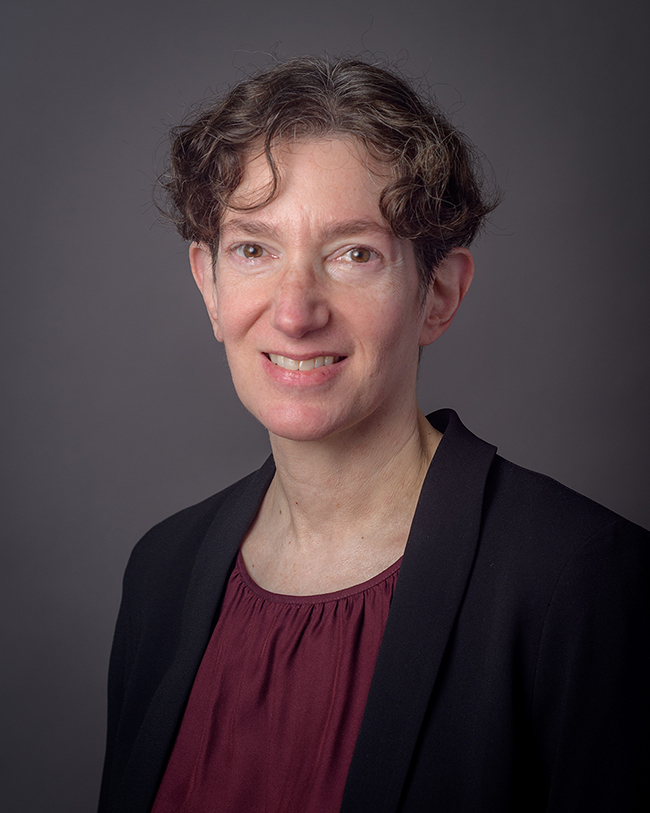Professor Valerie Sperling analyzes ramifications of war in Ukraine

The ongoing war in Ukraine brings Valerie Sperling back to the Cold War.
Sperling, professor of political science at Clark, has been studying Russia since she was in college in the mid-1980s, when it was still the Soviet Union. Now on the other side of the college experience, Sperling is teaching a course on Russian politics. Last month, the class discussed the likelihood of a Russian invasion; now, they’re talking about the ramifications of war. ‘

“On the eve of the invasion, Russian President Vladimir Putin was saying that his goal was to prevent Ukraine from becoming a member of NATO,” says Sperling. “NATO is not in the habit of admitting states that have frozen conflicts or territorial disputes. So, if that was Putin’s goal, he already had that goal met.”
For that reason, and given the significant sanctions imposed against the Russian economy, Putin’s decision to launch an attack doesn’t seem rational to Sperling.
Ukrainian President Volodymyr Zelenskyy has called for a no-fly zone over the country. If NATO or the United States were to get involved and restrict the airspace, the argument is that it should happen sooner rather than later, Sperling says.
“That would send an unambiguous message to Russia that the United States is willing to risk getting engaged,” she says. “But that seems like a much bigger risk of more rapid escalation.”
Sperling is not concerned about the possibilities of nuclear attacks.
“War in the modern age, and in a place like Ukraine, is a little bit like climate change in the sense that it has unpredictable effects,” she says. “The shelling of a nuclear power plant a few days ago in Southern Ukraine highlighted the possible risks. There are a number of nuclear power plants on Ukrainian territory, and anything could happen.”
The crisis has spurred protests across the globe, including in Russia, where thousands have been arrested.
“It’s important to remember that civil society can be activated and exercise its voice. But the fate of protesters in Russia is uncertain,” she says. “It’s not clear how big those protests would have to get before they’re not suppressible in Russia, and I’m not sure that they will get to that size.”
Note: This episode was recorded on March 7. The war has escalated in the days since.


